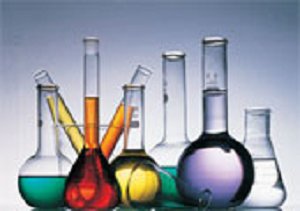Mr. Rama Bulusu
-
Welcome::
Text book for AP Chemistry course:
- Brown, Theodore E., H. Eugene LeMay, and Bruce E. Bursten. Chemistry: The Central Science.
Upper Saddle River, NJ: Prentice Hall.The information is constantly updated on Google Classrooms. Check regularly.Here is the college board chemistry link: http://apcentral.collegeboard.com/apc/public/courses/teachers_corner/2119.htmlResources will be constantly updated on Google Classroom. Instructional materials ,and comments etc. Please inform your parents/ guardians of the same. Any questions direct it to me through email.Teaching Assignment: Advanced Placement ChemistryClub Advisor: Academic LeagueScience OlympaidScience Bowl/ TestingSensasian ( South Asian cultural club)( Additional information about the clubs is posted on the school website under Clubs)Contact Info: Extra help day: Wednesday after school in E 2311AP Chemistry Course:OutlineInformation related to chemistry exam conducted by collegeboard.The AP Chemistry course is designed to be the equivalent of the general chemistry course usually taken during the first college year. This course is taken with the idea in mind that students will take the AP Exam to receive college credit or placement at the student’s college of choice. For some students, this course enables them to undertake, in their first year, second-year work in the chemistry sequence at their institution or to register in courses in other fields where general chemistry is a prerequisite. For other students, the AP Chemistry course fulfills the laboratory science requirement and frees time for other courses. Such credit and placement tied to the AP Chemistry exam could lead to students' readiness for and engagement in the study of advanced topics in subsequent college courses and eventually the achievement of a STEM degree and a successful career.
The course centers around six big ideas and seven science practices:
Big Ideas Science Practices 1. Structure of Matter 1. Drawing, explaining, and interpreting representations 2. Bonding and Intermolecular Forces 2. Using mathematics and logical routines appropriately 3. Chemical Reactions 3. Asking and refining scientific questions 4. Kinetics 4. Designing and implementing data collection strategies 5. Thermodynamics 5. Analyzing and evaluating data 6. Chemical Equilibrium 6. Making predictions and justifying claims with evidence 7. Connecting chemistry concepts across the big ideas.  Back To School Night: InformationAbout the course: Questions
Back To School Night: InformationAbout the course: Questions

